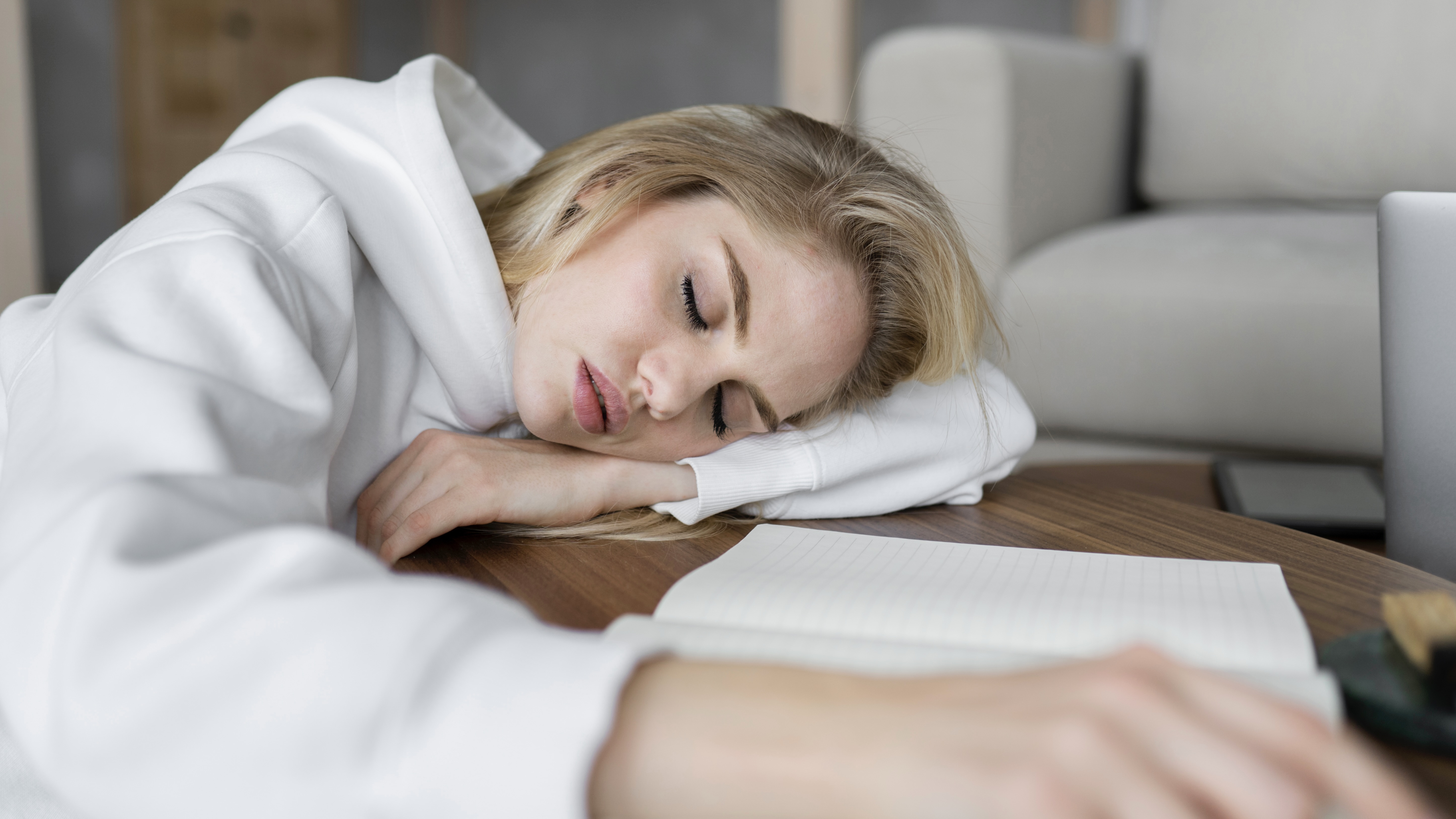
The festive season is often packed with late-night celebrations, family commitments and the pressure of gift shopping – all of which can wreak havoc on your sleep schedule. That's why a lot of us rely on the perfect nap to recharge, especially amidst the holiday chaos.
However, Adeel Ul-Haq, a sleep expert from Comfy Beds, advises that whilst napping can be an excellent way to energise, overdoing it might leave you feeling even groggier. Striking the right balance is essential, and according to Adeel, the ideal nap should last no longer than 10 minutes.
Keep reading to discover why a 10-minute nap is so effective, and why it’s all you really need.
Why does napping work?
During the day, our brains accumulate something called "sleep pressure" – your body’s way of signalling that it needs rest, driven in part by a chemical called adenosine.
Adeel explains that "Adenosine is a naturally occurring molecule that builds up when we're awake, making us feel sleepy and ready for bed at night. However, for some people, this sleep pressure can become overwhelming, leading to difficulty concentrating, memory problems, and irritability. Taking a nap can help reduce this sleep pressure, giving your brain and body a much-needed reset."
Why shouldn't you nap for longer than 10 minutes?
"Whilst you may think napping for longer is better, the sweet spot for a nap is around 10 minutes. This will give you a quick energy boost without you feeling groggy. A 10-20 minute nap is also good for improving your focus and short-term memory and stops you from entering deep sleep."
Entering deep sleep during a nap can be problematic because you don’t complete the full sleep cycle. As a result, you may experience sleep inertia – a groggy, disoriented feeling that can leave you more tired than before the nap.
Find out the shocking reason why you should make your bed every day next.







